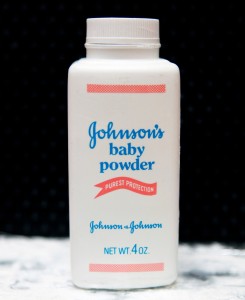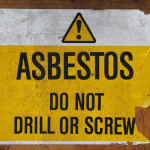
Photo credit: Jeff Chiu/Associated Press as reported by The New York Times on 7/12/18.
Following a record verdict in a trial in Missouri, litigation against Johnson & Johnson over its talcum powder ended in a mistrial in California.
“A state judge in Pasadena, California, declared a mistrial Monday after jurors deadlocked on Carolyn Weirick’s request for at least $25 million in damages over her mesothelioma, a cancer linked to asbestos exposure,” Bloomberg News reports. “Weirick said she developed the disease from asbestos-laced baby powder.”
Previously, a jury in Missouri awarded a record $4.69 billion in July to more than 20 women who traced the source of their cancer to the company’s baby powder. This verdict is under appeal by Johnson & Johnson.
“The world’s largest health-care products maker faces more than 10,000 other suits claiming its baby powder caused cancer,” Bloomberg reports.


